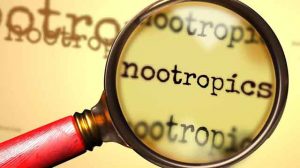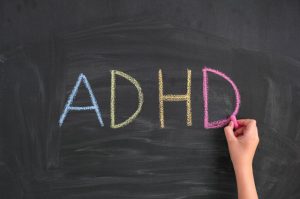Issues
| Ten to 15% of the US school population has dyslexia. Dyslexics have an inherited neurological difference, resulting in language, perceptual, processing, and attention/concentration differences. Yet only 5% of individuals with dyslexia are ever properly diagnosed and given appropriate help, so over 85% of adult illiterates are dyslexic. This lack of literacy limits their ability to become successful, productive adults, find jobs, or function independently within their communities. Yet, with the proper recognition and intervention, dyslexics become successful individuals using their talents and skills to enrich our society.
Dyslexia is a language disability, not a reading disability, so not only does it affect the ability to learn to read, write, and spell by conventional methods, it affects the ability to communicate in more subtle ways. Dyslexics have processing, perceptual, and attention/concentration problems. The majority of ADD individuals are also dyslexic. |
||||
Learning to read can be a problem for individuals with dyslexia or ADD.
|
||||
| Other problems caused by dyslexia/ADD:
|
| ADD/ADHD is not new. The name has just been changed. There is a high co-morbidity with dyslexia, with 60-70% of individuals with ADD having dyslexia as well. Unfortunately, currently ADD/ADHD is predominantly being identified and addressed through a single symptom, attention concentration or the behavioral aspect, as opposed to the more pervasive language, perceptual, and processing deficits which also exist. | ||||
| General Characteristics Of Dyslexia and Attention Deficit Disorders:
Addressing the single characteristic of attention/concentration through drug therapy is counterproductive and has long-term negative effects. Diagnosing a child or adult as ADD/ADHD based on this single characteristic is also erroneous. Other medical and behavioral problems also have attention/concentration or hyperactivity as a symptom, such as brain damage, nutritional and vitamin deficiencies, behavioral and emotional disorders, thyroid deficiency, environmental toxin exposure, etc. It is critical that a thorough differential diagnostic battery be administered to properly diagnose ADD/ADHD. There is no check sheet or inventory sufficient to diagnose ADD/ADHD properly.
|
Characteristics of Dyslexia / ADD
|






